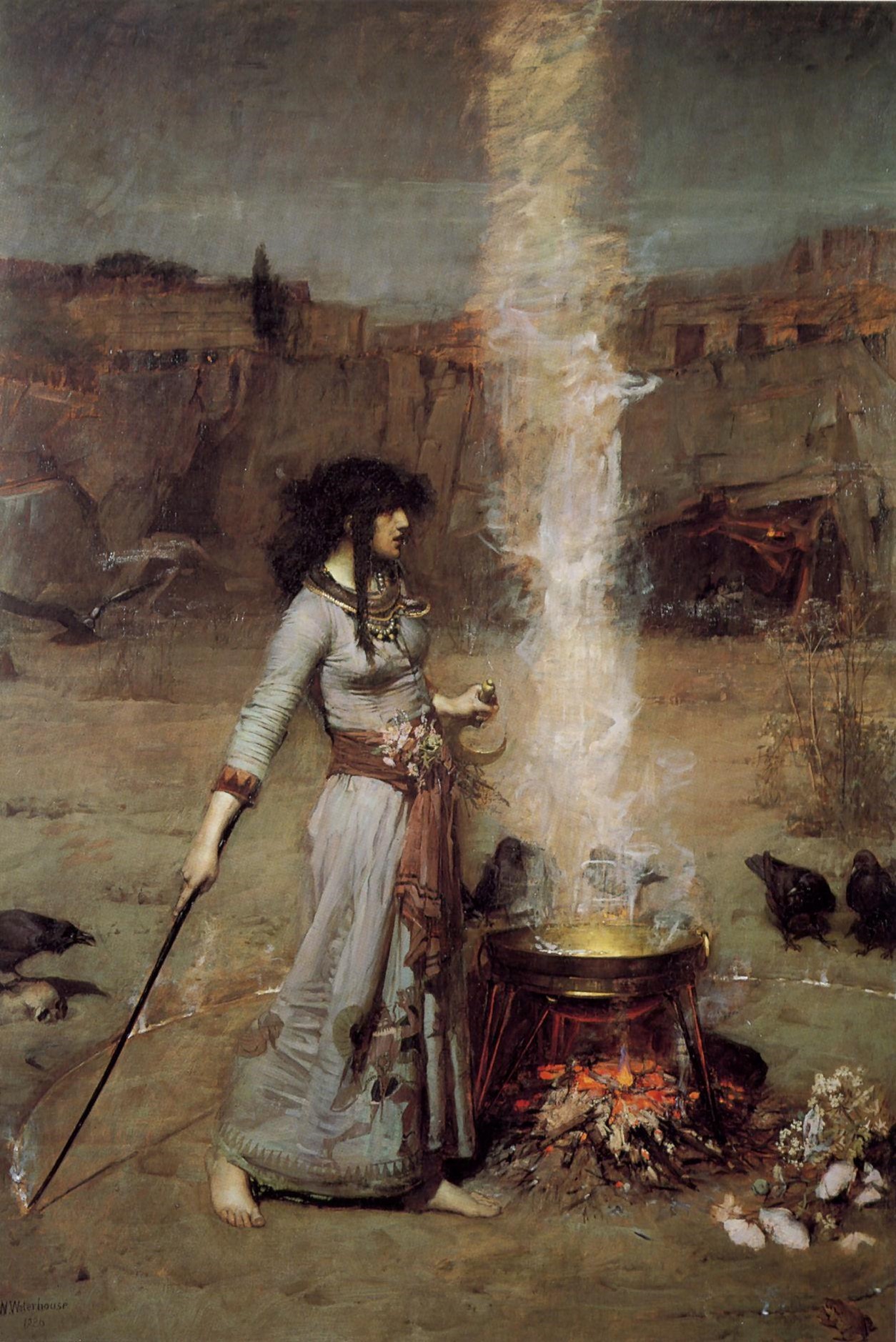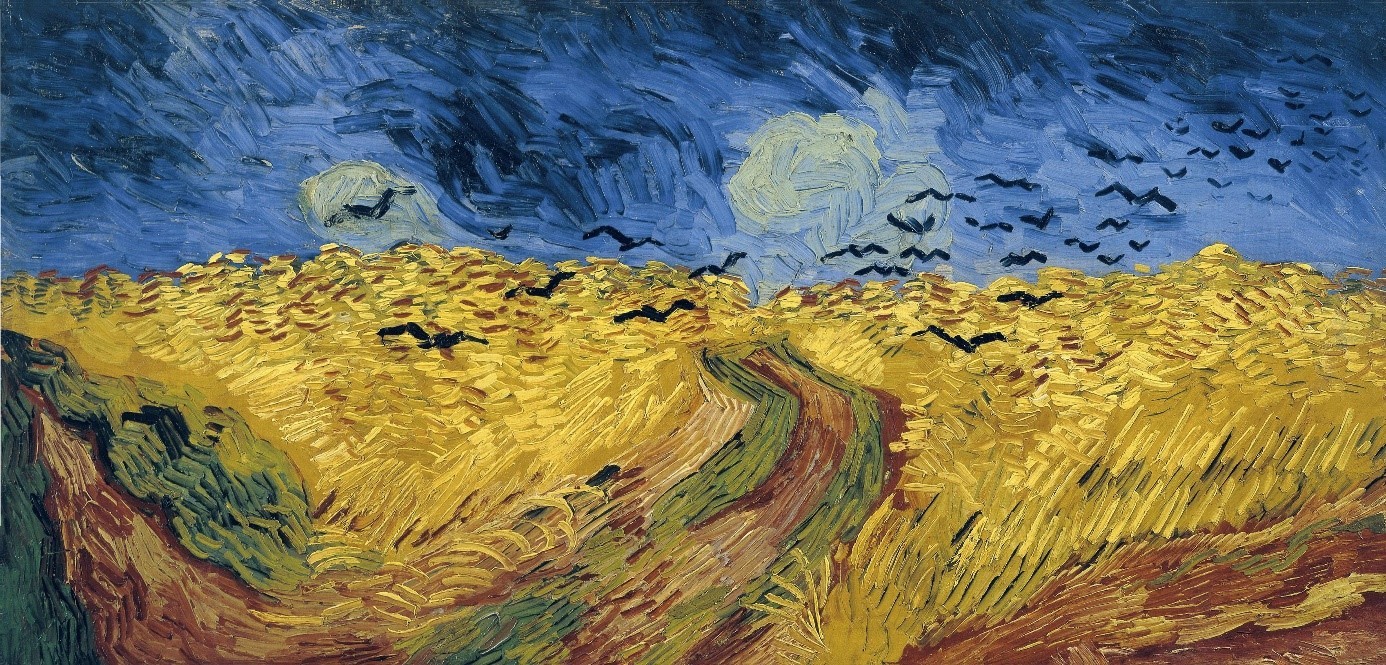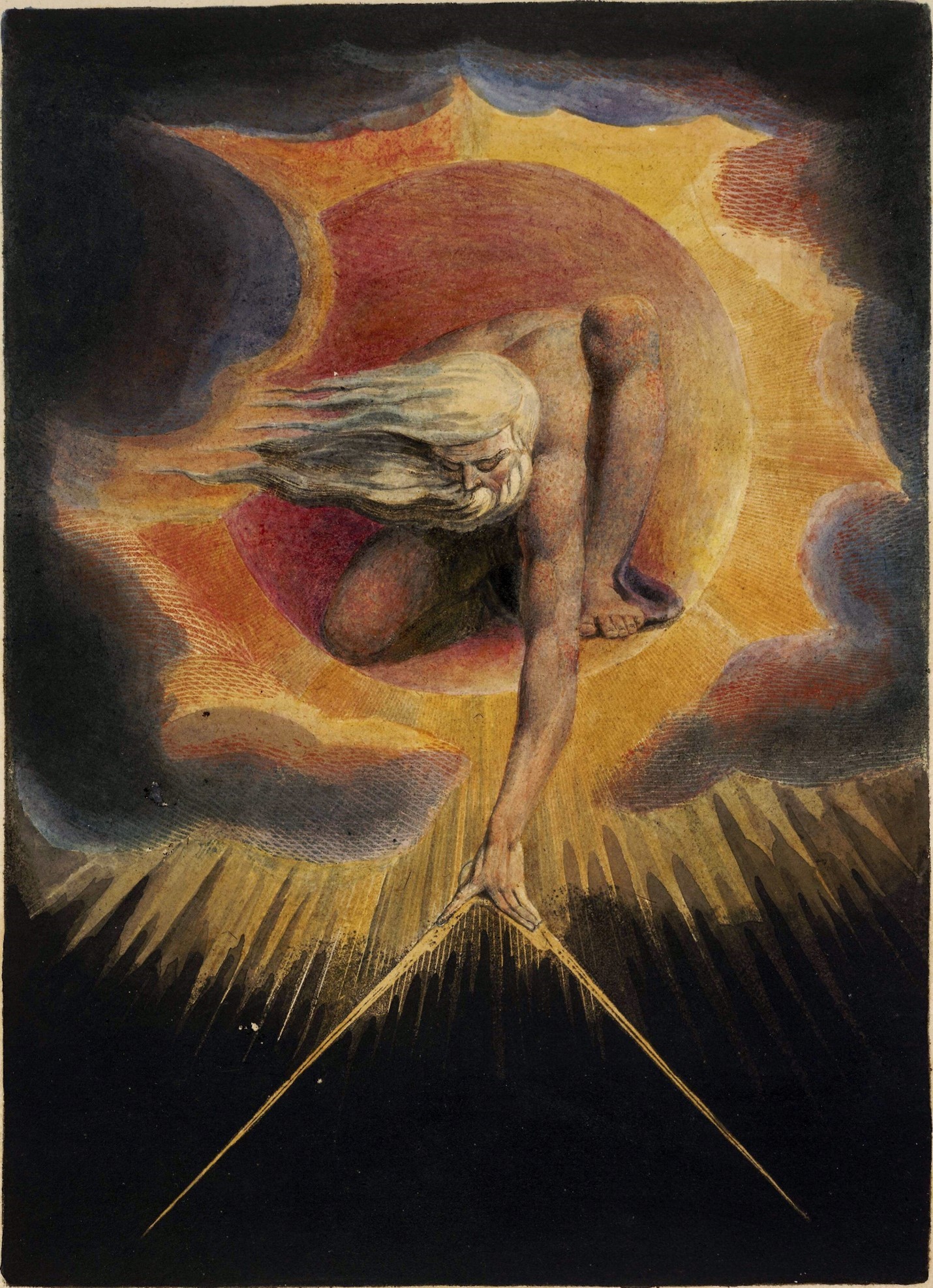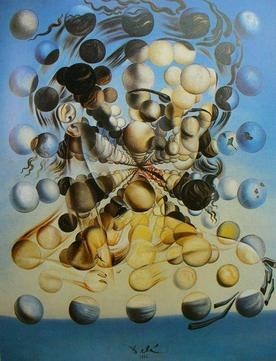Is western philosophy mostly an occult philosophy?
Thank you, Emir, for such an intriguing question. I have a bold (many would say foolish) answer for you. I want to suggest that your question is even more correct than you perhaps realise. Western philosophy is, I think, obviously concerned with the occult, at least insomuch as the occult is concerned with things ‘hidden’, […]
Is western philosophy mostly an occult philosophy? Read More









